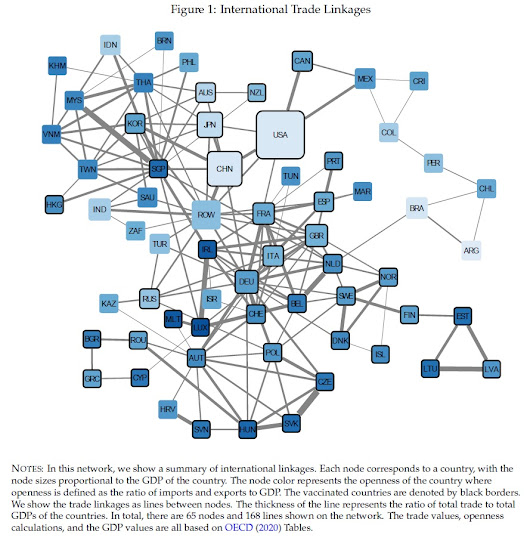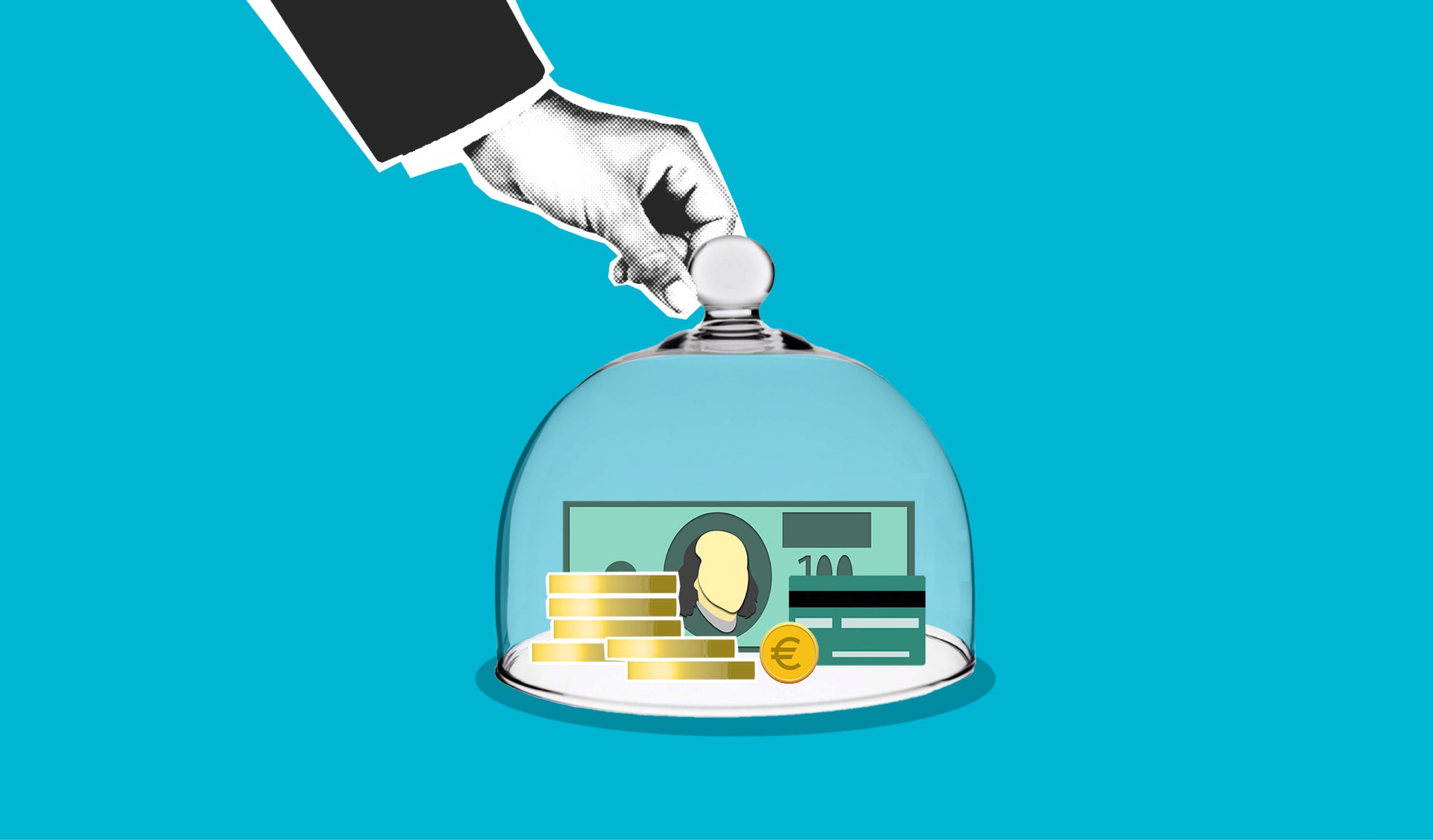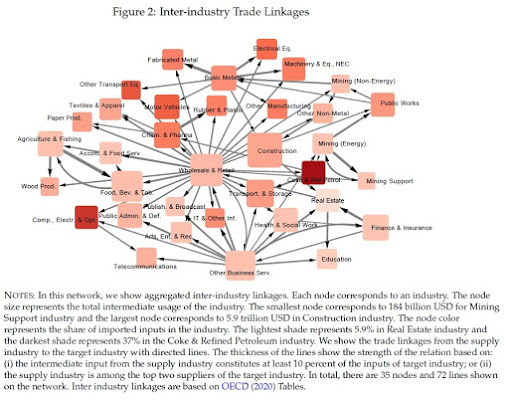High-income countries are pushing and squabbling as they seek to vaccinate their own populations from COVID-19, while many lower-income countries have been pushed to the sidelines and forced to watch.
But it's not clear yet clear (because not enough time has passed) to know for how long the vaccine provides protection, or for that matter, how long having had COVID provides protection against getting it again. Moreover, there is clearly some danger that at least some of the new strains of COVID emerging around the world might need different vaccines.
In short, vaccinating the populations of high-income countries is a useful step. But if COVID remains prevalent and mutating into new strains in the rest of the world, we may be running on a treadmill from a public health point of view. Moreover, because of the interconnectedness of the world economy, there is a basic cost-benefit argument the high-income countries of the world to work together in a way that can make COVID vaccination widespread around the world.
Cem Çakmaklı, Selva Demiralp, Ṣebnem Kalemli-Özcan, Sevcan Yeşiltaş and Muhammed A. Yıldırım make this case in "The Economic Case for Global Vaccinations: An Epidemiological Model With International Production Networks" (January 2021, available with free registration from the International Chamber of Commerce, and also available as NBER Working Paper #28395).
The authors offer a useful reminder of interconnections in the world economy. Exports of goods and services are about 30% of world GDP. Of that trade, about 60% is "intermediate products," meaning products that are part of the production process for final goods, rather than being final goods themselves. The pandemic recession makes it harder for low- and middle-income countries either to purchase exports from high-income countries or to produce intermediate products used by producers in high-income countries. To illustrate the issues here, consider two figures the authors produce to illustrate the interconnectedness of the global economy.
This figure includes 65 countries, and then a ROW or "rest of the world" box to combine the others. The sizes of the boxes are relative to the size of the GDP of each area. The darker the shade of blue, the higher the ratio of export and imports to GDP. The thickness of the lines shows the importance of trade relative to the GDP for the two countries. Small connections between countries are not shown at all. Countries with a black line around their names have access to vaccines right now: of the 65 countries, 41 have access.

One can also look at the interconnectedness of global world production by industry. Here, the size of each node shows the size of the industry. The arrows show flows of goods from one industry to another. The darker the color, the more heavily that node depends on imports from other countries.
The authors write: "We show that even if AEs [advanced economies] eliminate the domestic costs of the pandemic thanks to the vaccines, the costs they bear due to their international linkages would be in the range of 0.2 trillion USD and 2.6 trillion USD, depending on the strength of trade and production linkages. Overall, AEs can bear up to 49 percent of the global costs in 2021. These numbers are far larger than the 27.2 billion USD cost of manufacturing and distributing vaccines globally."
The exact numbers from this study are of course imprecise, representing a range of different assumptions. But the basic lesson, which has applied at many points in the pandemic experience, is clear enough: what might seem like fairly large up-front costs actually are a pretty cheap price to pay for the benefits. It's not really a surprise that high-income countries would put a higher priority on on vaccine supplies for their own citizens first. But if the high-income countries think that protecting their own citizens will insulate them from economic costs, or from future public health risks, they are missing some basic insight about what it means to live in a world where goods and people cross national boundaries all the time.





Leave your comments
Post comment as a guest